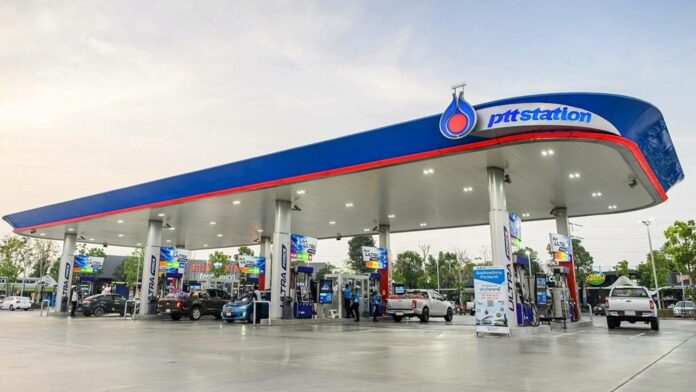Domestic fuel prices look set to remain high for Thai consumers, with the global outlook for oil prices looking increasingly high.
The decision by Opec+ to cut oil output was slammed as “short-sighted” by US President Joe Biden, with many market analysts anticipating oil prices to rise beyond US$100 per barrel imminently.
Thailand’s Oil Fuel Fund Office (OFFO) said even the potential for a widespread economic recession is unlikely to dampen fuel prices, particularly with the continued lack of supply to Europe from Russia and the need for diesel and bunker oil to help generate electricity through the cold winter months ahead. Wisak Watanasap, director of OFFO, said plunging temperatures would ramp up electricity demand and therefore keep crude oil prices high.
Both diesel and petrol are therefore expected to remain expensive at the pumps for Thai motorists. The price of diesel per litre has sat at around 34.9-35.00 baht since the middle of the summer. That’s despite crude oil reference values from Dubai plunging to $82.92 per barrel in recent weeks – down from its $175.80 per barrel peak in June.
When it comes to hard commodities, oil is one of the most influential resources traded in Thailand, both by businesses and retail traders alike. If you’re wondering what a hard commodity คือ, it’s an asset that’s not available above ground without the need for extraction or mining. Alongside oil, the likes of copper, iron ore and rubber are some of the most popular hard commodities in Thailand and elsewhere in south-east Asia.
Mr Watanasap said that the OFFO had incurred “losses” as a consequence of the volatility in oil prices this year. In fact, losses worth over 124 billion baht had been accumulated, after it was utilised to subsidise skyrocketing LPG and diesel prices. 82.7 billion baht has been spent on capping diesel prices at the pump and a further 42.5 billion baht ring-fenced for LPG subsidies.


